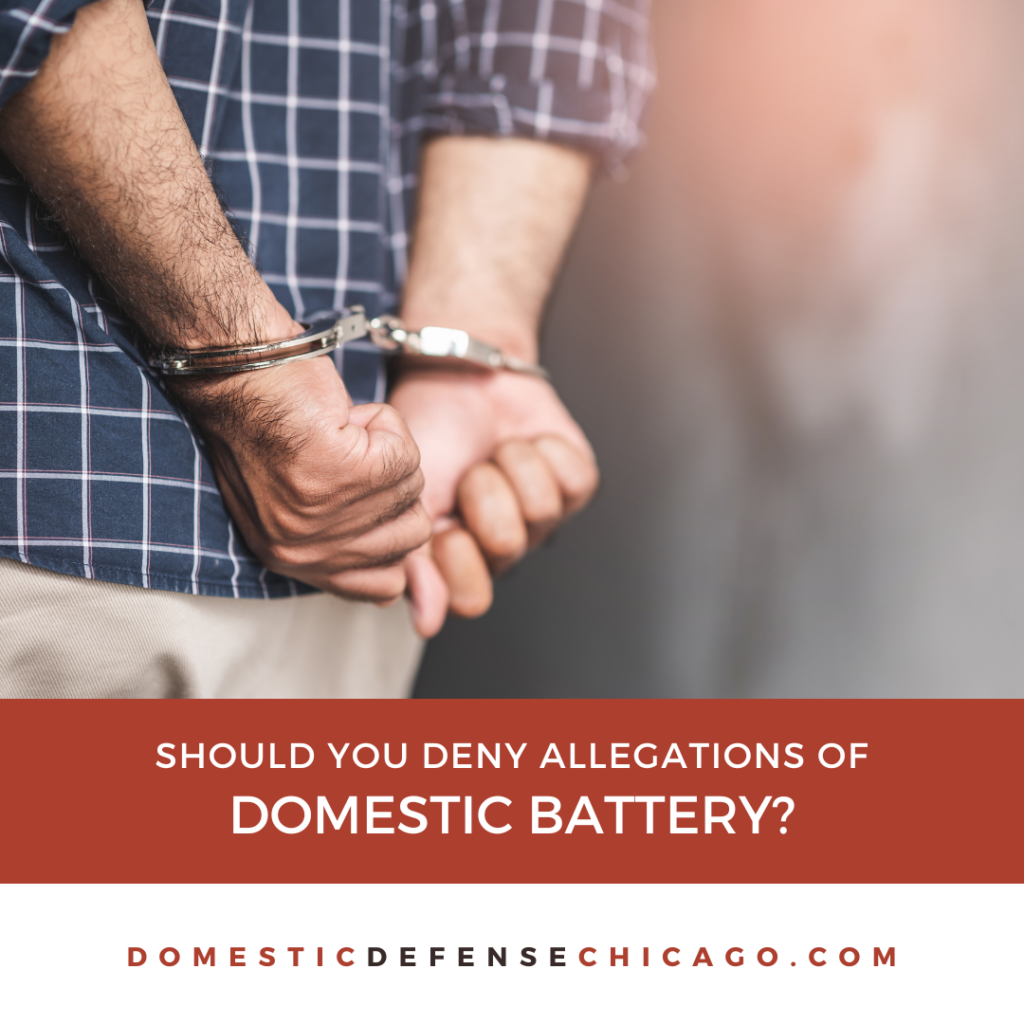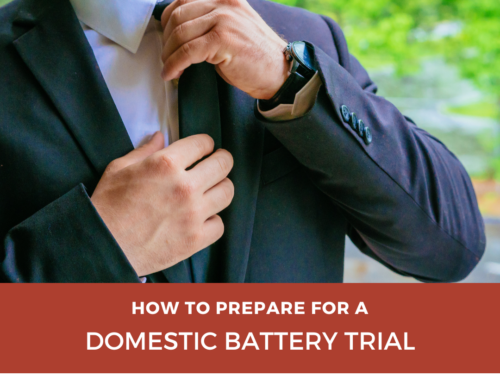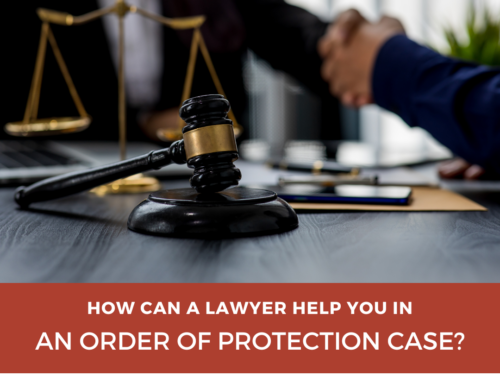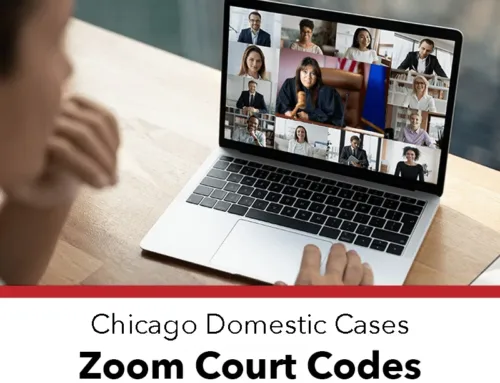If you’re like many people accused of domestic battery, you’re probably wondering whether you should deny the allegations against you. This guide explains.
Should You Deny Allegations of Domestic Battery?
First things first: you should never talk to the police without speaking to an attorney first. You have the right to remain silent and to retain legal counsel. You should use both of these rights! Your attorney will be there to prevent you from saying anything that could inadvertently damage your case; remember that the police already think you’re guilty of domestic battery by the time they begin to question you. That’s why it’s so important to keep quiet and wait for an attorney’s guidance.
Whether you should deny allegations of domestic battery or admit to the crime depends on the specific circumstances of your case. that’s another reason it’s so important to speak to an attorney about your situation. Your lawyer can tell you the best route to take. In some cases, it’s appropriate to deny the allegations, and in others, it’s better to plead no contest or plead guilty. Because every situation is different, the only way to find out whether you should deny allegations of domestic battery or admit guilt is to speak to an attorney about the specifics of your case.
What Happens if You Plead Not Guilty to Domestic Battery?
Often, when people plead not guilty to domestic battery charges, they end up going to court and participating in a trial.
Related: 3 common myths about domestic battery in Illinois
What Happens if the State Drops the Case?
Sometimes, the state of Illinois decides not to prosecute people for domestic violence charges. Often, this happens because the state realizes it doesn’t have enough evidence to get a conviction. In plain English, that means the state doesn’t have enough information to put you behind bars. If the state drops its case against you, it’s possible to expunge or seal the arrest from your record; when you do that, it’s like nothing ever happened.
Related: 7 reasons you shouldn’t represent yourself in a domestic battery case
Can an Attorney Get the Prosecutor to Drop the Charges?
Though there’s never any guarantee, sometimes attorneys are able to get the state to drop the charges against their client. Usually, this happens after the attorney discusses the case with the prosecutor, who acts as the state’s attorney.
Do You Need to Talk to an Attorney About Domestic Battery Defense?
If you need to talk to a domestic battery defense attorney in Illinois, we’re here to help. Call us at 847-920-4540 now – we’ll be happy to give you a free consultation and talk to you about your options.







Leave A Comment
You must be logged in to post a comment.